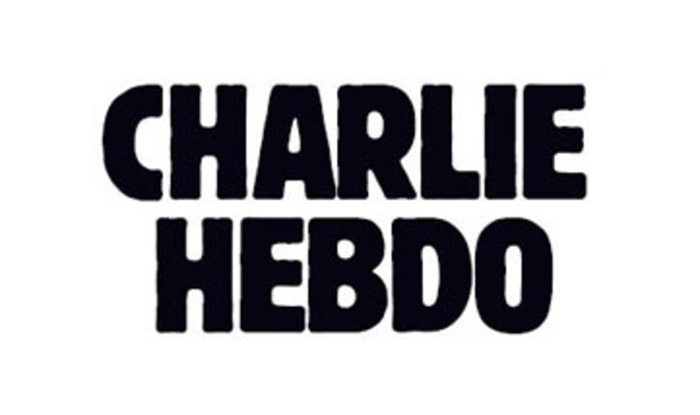Charlie is the hero of the freedom of the press. Charlie has, rightfully, taken freedom of speech to its very limits, pushing past the boundaries of political correctness. Charlie is a martyr. This has been the prevailing narrative since the shooting at Charlie Hebdo.
But Charlie is not a supporter of freedom from discrimination or freedom of religion. Charlie wrongly equates freedom of expression with freedom from consequence.
On Jan. 7, two gunmen took 12 lives at the offices of Charlie Hebdo, a French satirical magazine. The suspects have been identified as Islamic extremists who sought revenge for the magazine’s many infamous portrayals of Muhammad and the Islamic tradition, such as the cartoon depicting the Prophet Muhammad naked, and a cover cartoon featuring Muhammad kissing a Charlie Hebdo staff member.
Since the shootings, people across the Western world, including many high-profile politicians and celebrities, have condemned the actions of the terrorists and proclaimed “#jesuisCharlie.”
Sending out a quick tweet proclaiming “#jesuisCharlie” is easy. It is harder to give some thought into why we are mourning. The inexcusable murders of the Charlie Hebdo staff members have been taken and shaped into the symbol of free speech and freedom of the press. #JesuisCharlie mourns not the individuals who were killed, but rather the idea they seemingly symbolize. Charlie Hebdo is the representation of a modern era Marianne–the embodiment of liberty and reason.
But is this an accurate portrayal of Charlie?
My argument is not that the editorial choices of Charlie Hebdo should have been subdued, but that there is a greater complexity that should not be filtered in black-and-white: Making a martyr out of Charlie Hebdo actually hurts liberty.
Charlie Hebdo is not a high-minded, highbrow publication with the purpose of fighting for freedom. Its staff members have claimed that the magazine’s intent is to satirize the follies of politicians, institutions, and religions, just about anybody or anything. As George Packer of the New Yorker so vehemently declared, “Charlie Hebdo had been nondenominational in its satire, sticking its finger into the sensitivities of Jews and Christians, too—but only Muslims responded with threats and acts of terrorism.”
justifying it by saying, “I make fun of everyone—can’t you take a joke?”
But to use the fact that many religions were ridiculed as a defense of Charlie Hebdo’s content is to misunderstand the underlying situation in which the incident took place and to hide behind a thin veil of humour. The purpose behind satire is to raise unheard voices and to question the loudest voices through comedic means. But whose voice does Charlie Hebdo champion? Is it noble to scream, “Mock everything!” with no intention of addressing the fact that some groups are more privileged than others?
The French republican tradition is secular: A large part of the French Revolution was to separate the state from the church, which had ties to every aspect of public life. Secularism in France differs from secularism here in North America, as it insists on having no religion rather than accepting all religions. This is illustrated, for example, in the ban on burqas in France.
The end of French colonialism in the mid-20th century has also brought in many Muslim immigrants into France, and for the most part, they still face systematic discrimination. The reality is that Muslims in France are vulnerable to prejudice in a way that the majority isn’t.
To make a crude comparison, Charlie is the schoolyard bully making fun of the vulnerable, and then justifying it by saying, “I make fun of everyone–can’t you take a joke?”
Civil liberties like freedom from discrimination and freedom of religion are taken for granted by the in-group, and taken away from the minority–Muslims in France. Nothing can justify what the gunmen did, but making Charlie Hebdo a spokesperson for the cause of liberty is not completely accurate. Freedom of expression does not mean freedom from consequence. Charlie Hebdo’s publications served to exacerbate anti-Muslim and anti-Arab sentiments in an already hostile environment. Its words and drawings perpetuate a society and culture that enforces the status quo. You can condemn the actions of the terrorists and disagree with the content Charlie Hebdo puts out at the same time. To make Charlie a martyr is to ignore the wider context in which the events played out.









